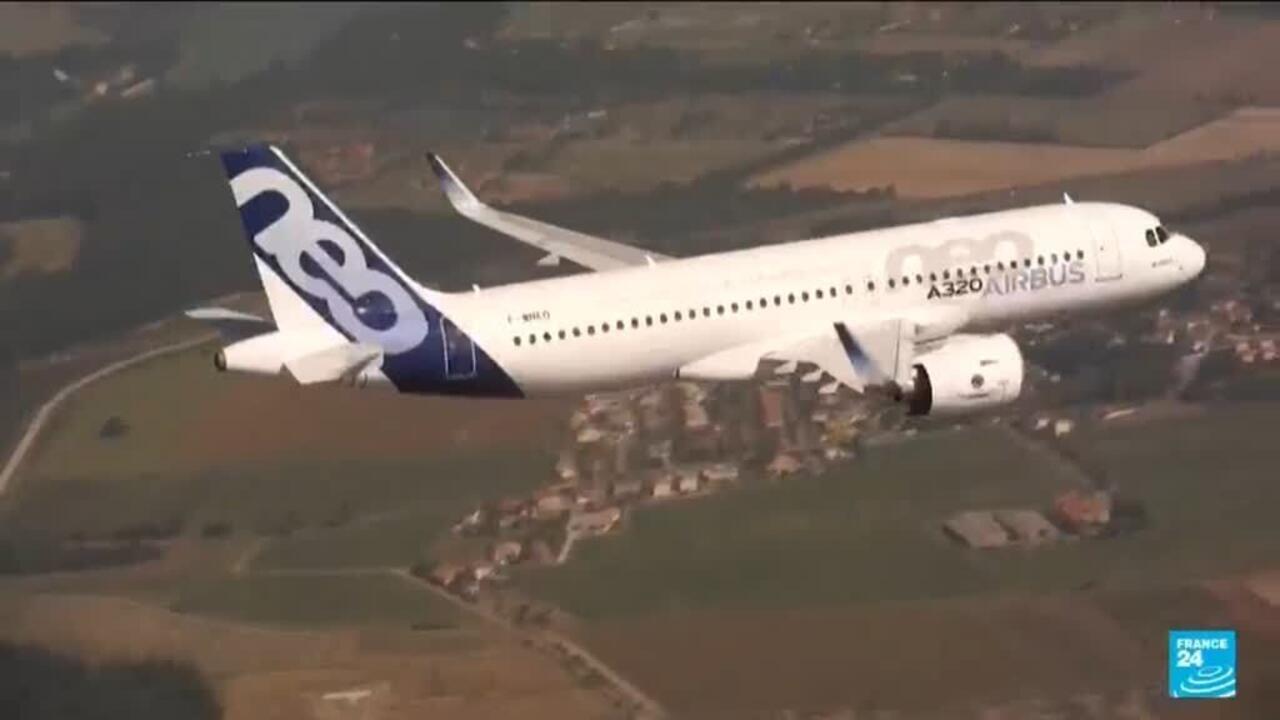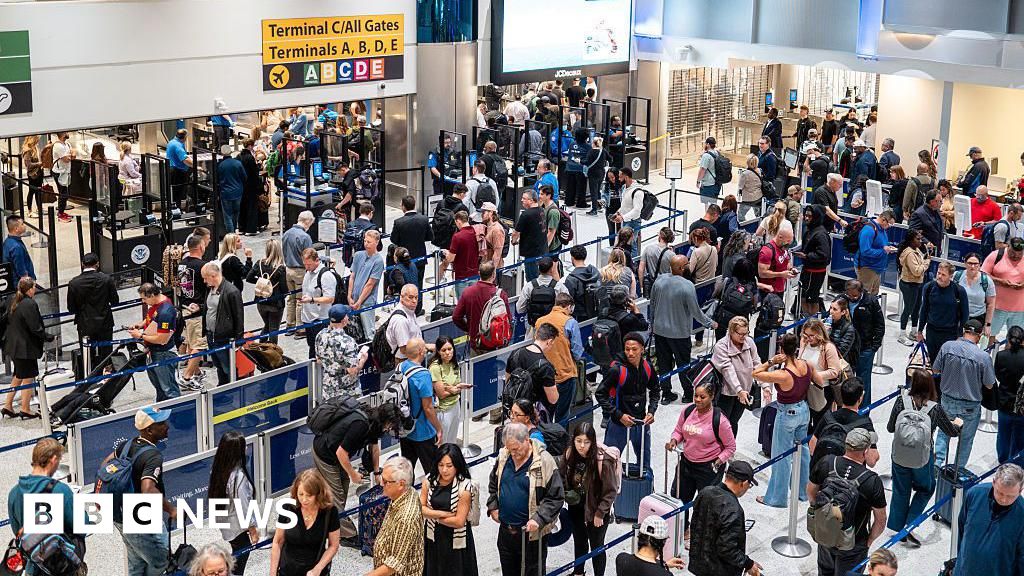
The Lukoil drone barrage apparently triggered multiple car alarms (Image: X)
Ukrainian drones struck Russia's Volgograd oil refinery overnight, causing fires and damage at the massive Lukoil facility. The attack is part of a broader drone campaign targeting Russian energy infrastructure, according to reports from Ukrainian military intelligence and local media.
Videos shared on social media showed explosions and flashes near the refinery around 01:00 local time. One clip posted by @Exilenova_plus on X captured orange glows from the site, with the caption: "An attack on 'LUKOIL-Volgogradneftepererabotka' in Volgograd is ongoing. Locals report that it is successful." Another post from @MashiroT83795 included footage of blasts and secondary fires, stating: "Volgograd (Muscovy) An attack on LUKOIL-Volgogradneftepererabotka is underway, the refinery has been bombed by Ukrainian drones." A follow-up from @Exilenova_plus noted: "The governor of Volgograd confirms the fire at LUKOIL-Volgogradneftepererabotka."
a Volgograd (moscovia) ???????????? È in corso un attacco alla LUKOIL-Volgogradneftepererabotka , la raffineria è stata bombardata da droni ucraini. pic.twitter.com/Ag6ETF4796
— Mashiro Tamigi ???????????? ???????????? (@MashiroT83795) November 5, 2025The Volgograd refinery processes about 300,000 barrels per day and supplies fuel to Russian forces. Satellite images from Maxar Technologies, released on November 6, showed damage to storage tanks and a processing unit.
Fires burned for several hours before being contained, with no immediate production figures released.
Ukraine's Security Service (SBU) has not officially confirmed the strike, but a source in military intelligence told CNN in a similar 2024 operation: "Our goal is to take away our enemy's resources and decrease the flow of oil money and fuel Russia is using directly on the war."
The remarks align with Kyiv's strategy of targeting refineries to disrupt Moscow's war funding.

The logo of the Russian oil giant Lukoil (Image: AFP via Getty Images)
The assault extended beyond Volgograd. Drones hit a petrochemical plant in Bashkortostan, a Lukoil site in Nizhny Novgorod, and power substations in Kursk. In Kostroma Oblast, blasts damaged a thermal power plant in Volgorechensk.
Volgograd Oblast Governor Andrey Bocharov reported: "A civilian, a 48-year-old man, died as a result of shrapnel from the shelling." He added that a residential building and several homes were damaged, with a fire in an industrial zone.
Russian officials described the impacts as limited. The Defence Ministry claimed most drones were intercepted, blaming "Ukrainian saboteurs."
State media reported "minor damage" across sites, but Telegram channels showed fuel shortages and evacuations in affected areas.
The strikes follow a pattern. Since early 2024, Ukraine has damaged or halted operations at over 20 Russian refineries, reducing capacity by nearly a third, per BBC estimates.
Exports to China and India fell 15% in the past year, pushing domestic diesel prices up 25% to about £1.80 per litre in Moscow.
Energy analyst Elena Petrova at the Carnegie Endowment said: "These attacks strain Russia's logistics. Fuel rationing for troops is increasing while imports rise for civilians."
In a recent Tuapse refinery strike, Ukrainian Navy spokesperson Dmytro Pletenchuk noted: "The drone strike on Tuapse's oil terminal will have long-term consequences for Russia."
Moscow's response included vows of retaliation. President Vladimir Putin, speaking at a St Petersburg event, promised "decisive measures" against such attacks. Russian air defences downed about 60% of drones in recent operations, down from 85% a year ago, according to Western intelligence.
The Volgograd incident highlights vulnerabilities in Russia's energy sector, now targeted up to 1,360 miles inland. With Western aid slowing, Kyiv relies on these strikes to offset advantages in conventional firepower.
One local worker, speaking to Al Jazeera anonymously, described the scene: "It was sudden. Sirens, then everything lit up. We didn't expect it here."
Casualties remain low, but the economic toll mounts. Russia's oil revenues, once at record highs, face a "slow erosion," per Foreign Affairs. As repairs begin and tankers sit idle, the strikes underscore Ukraine's shift to asymmetric warfare.
Invalid email
We use your sign-up to provide content in ways you've consented to and to improve our understanding of you. This may include adverts from us and 3rd parties based on our understanding. You can unsubscribe at any time. Read our Privacy Policy

 3 weeks ago
14
3 weeks ago
14










 English (US) ·
English (US) ·